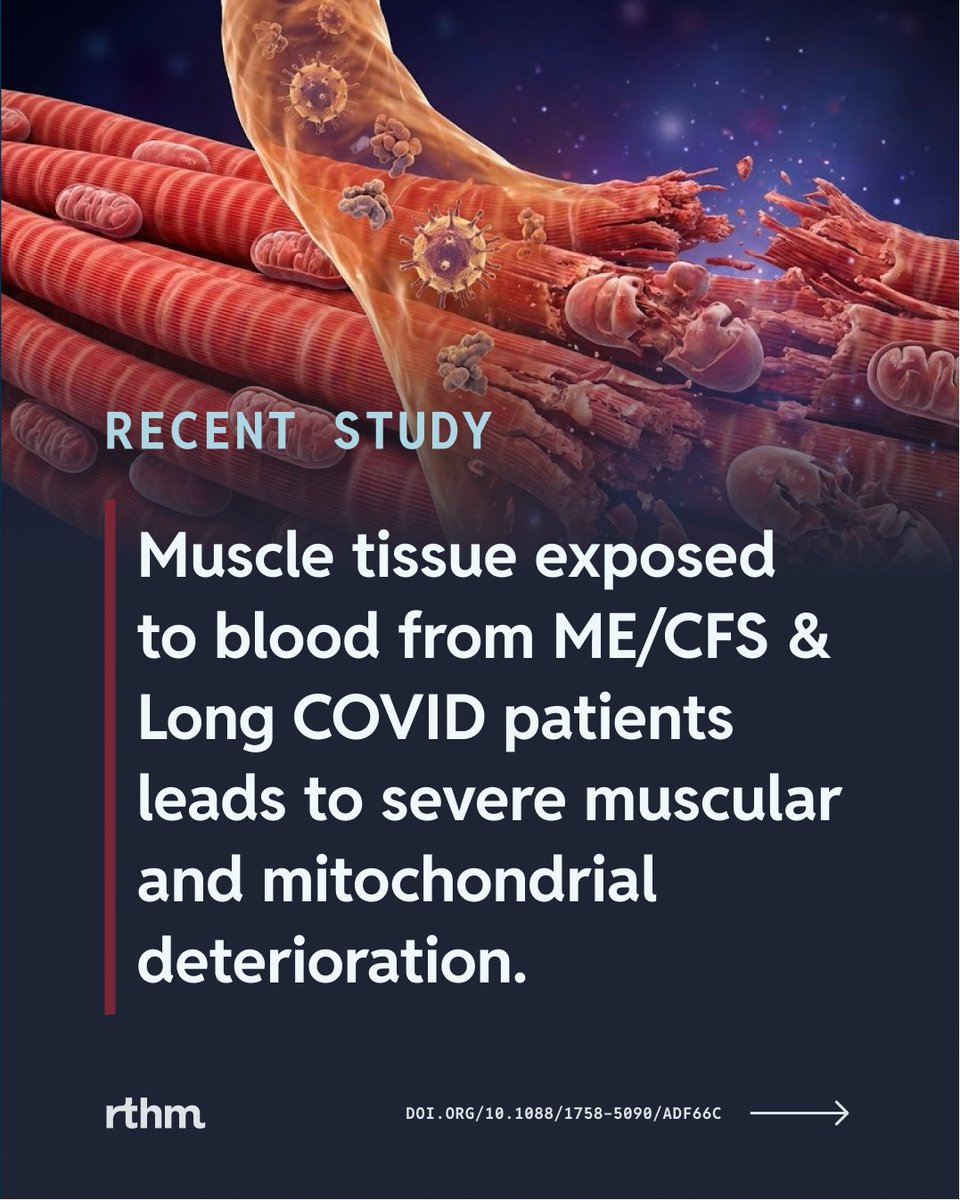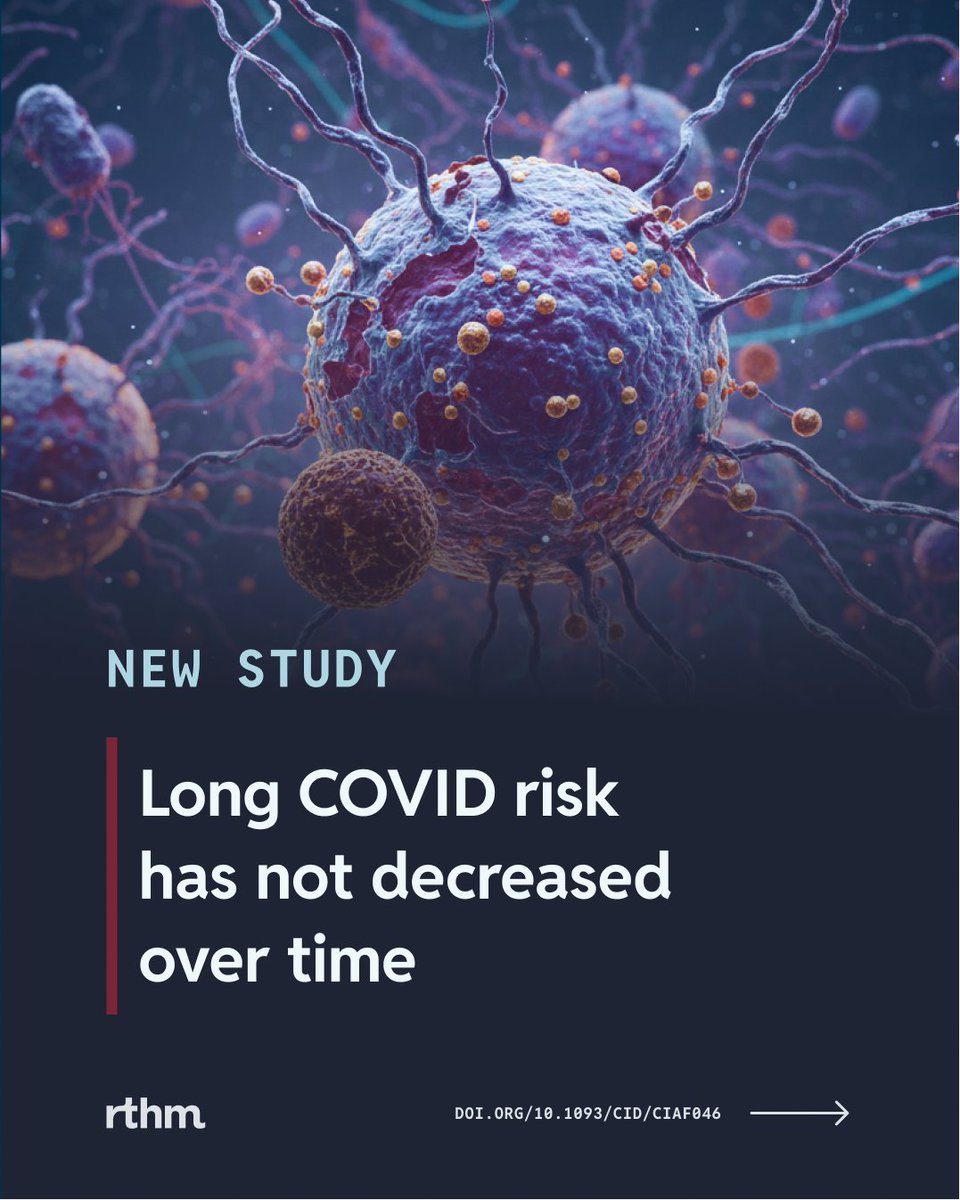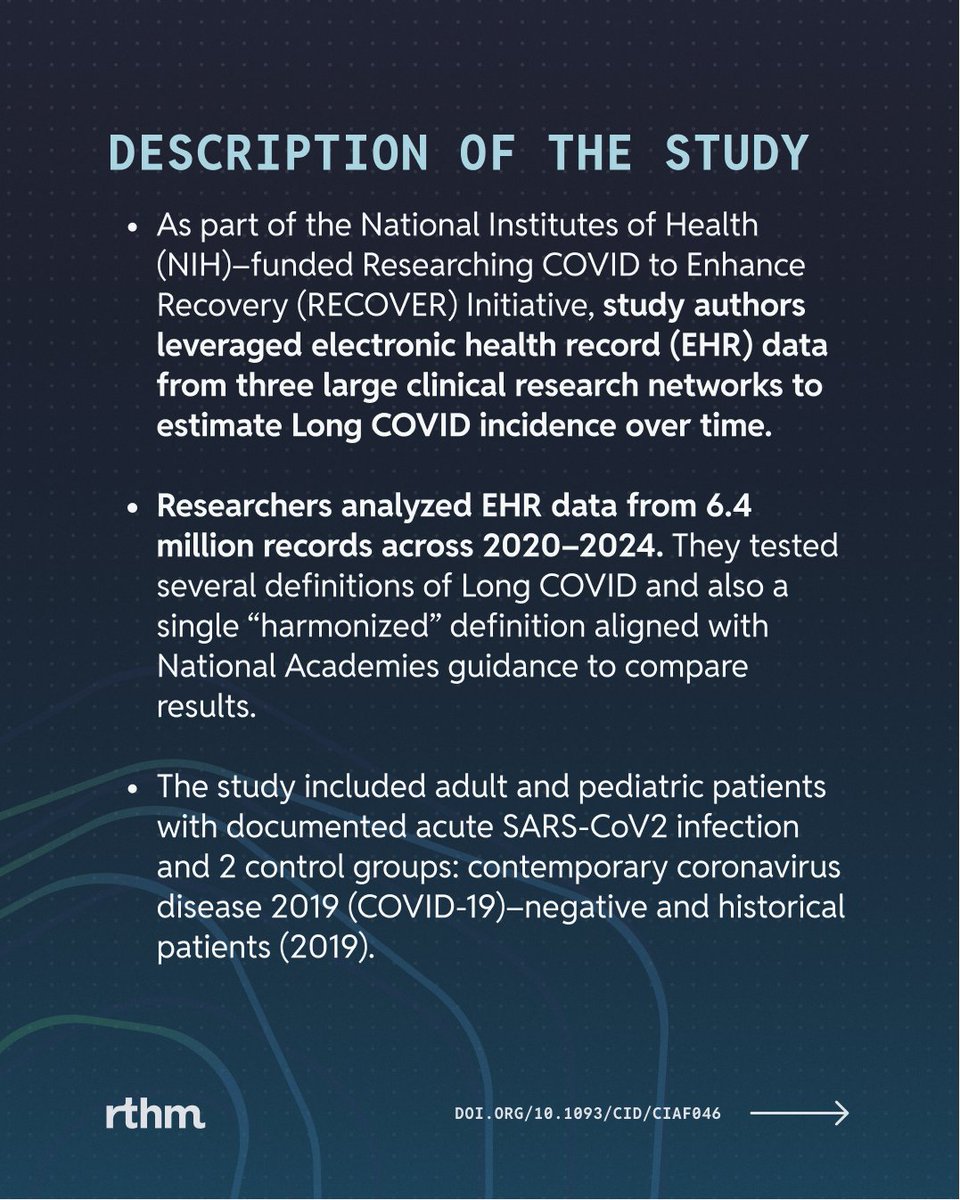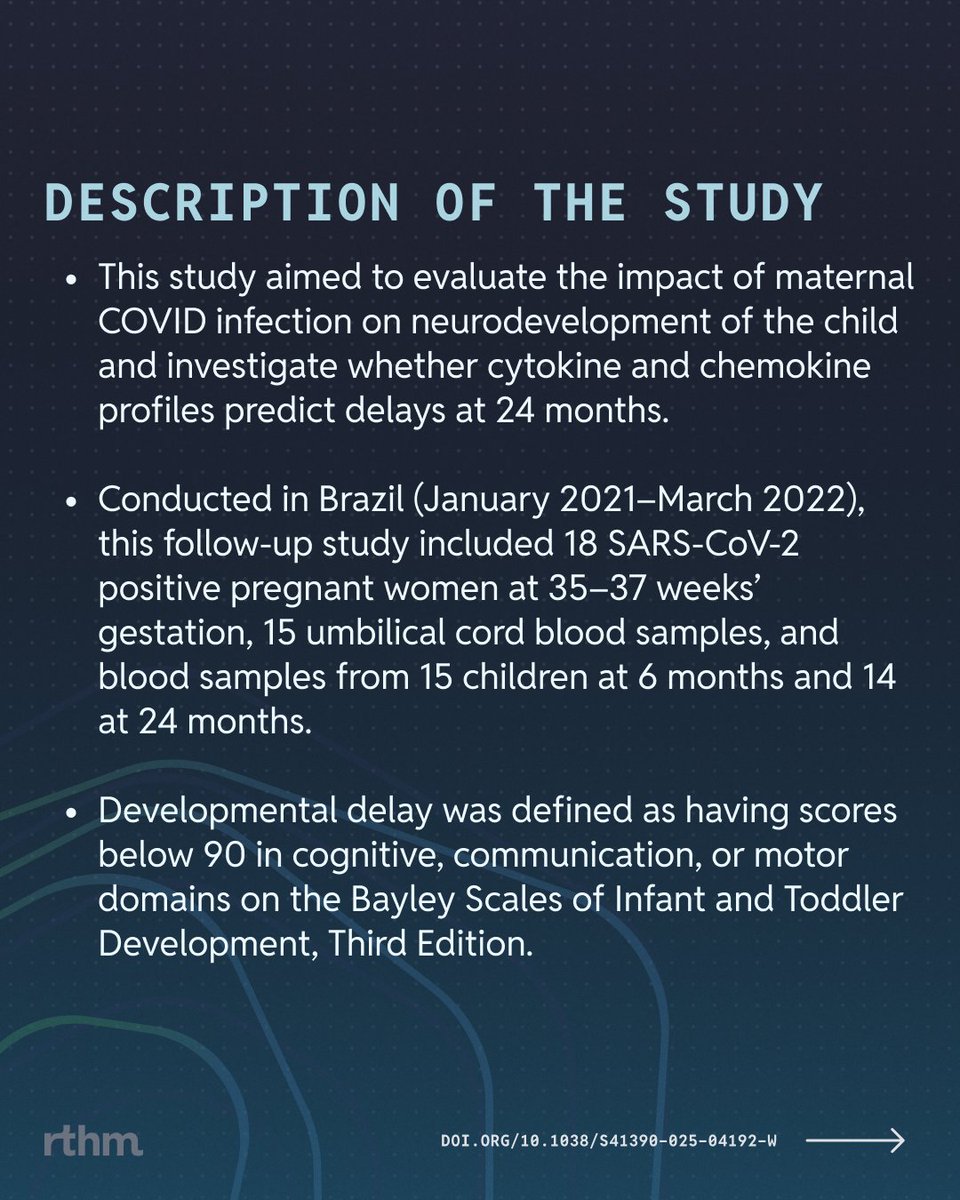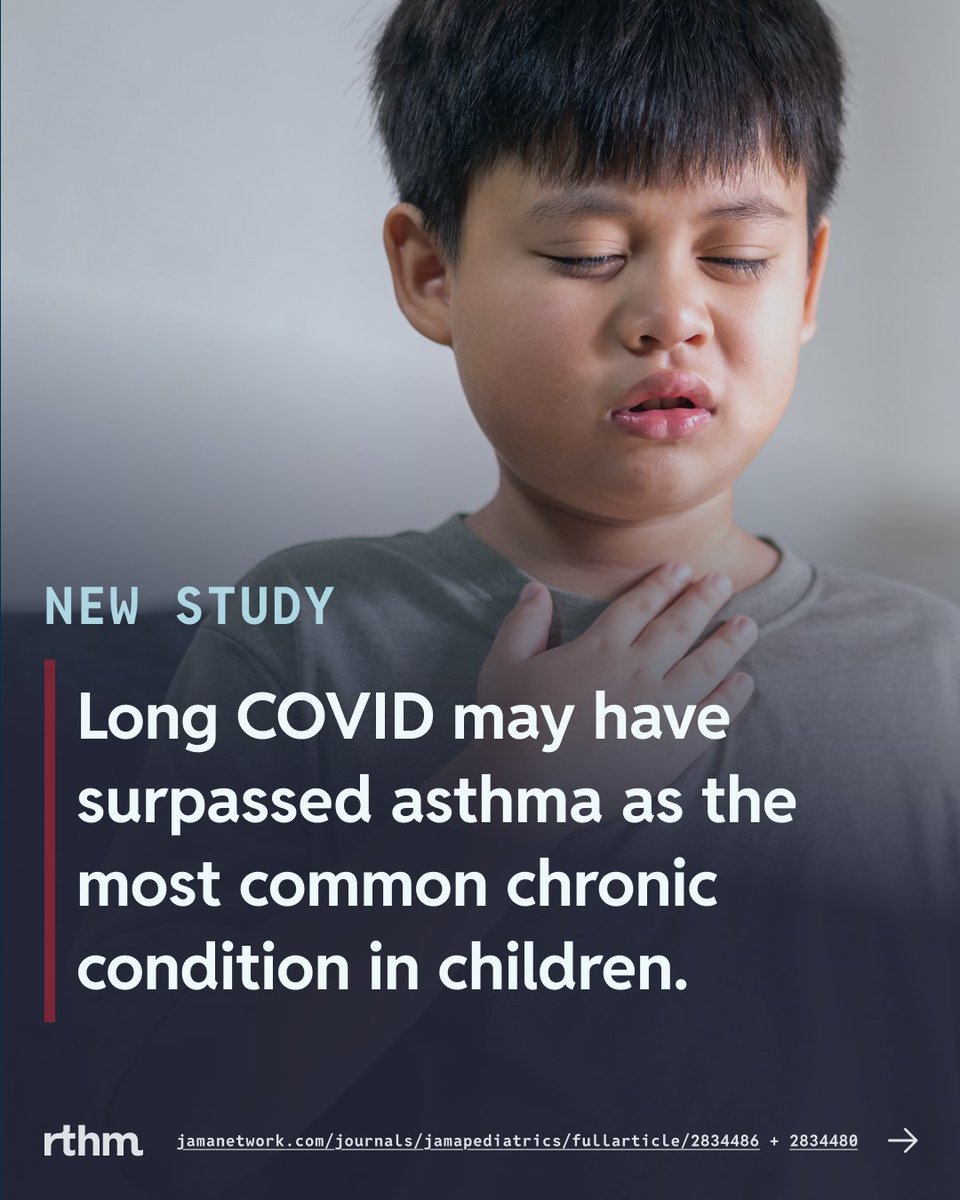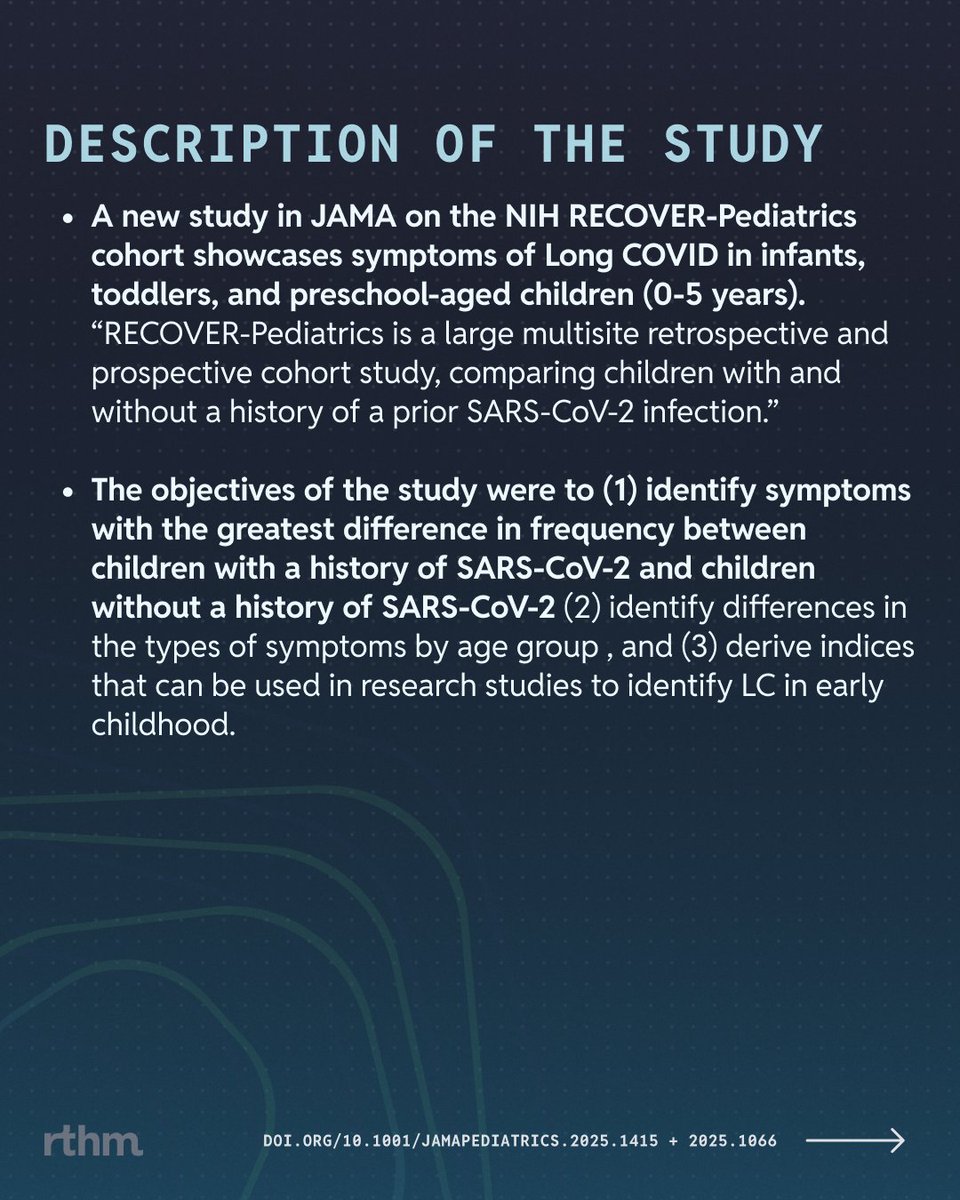
RTHM is a secure health platform that makes it easy to gather your records, connect the dots with AI, and affordably access treatments.
3 subscribers
How to get URL link on X (Twitter) App

